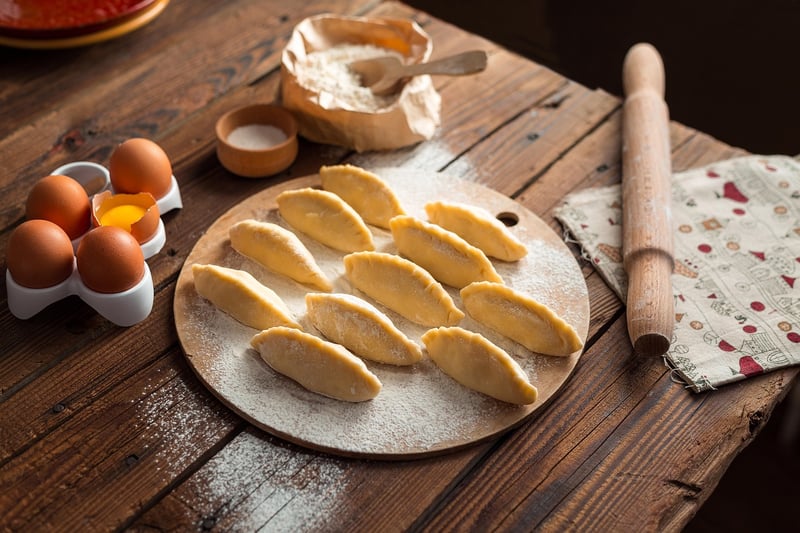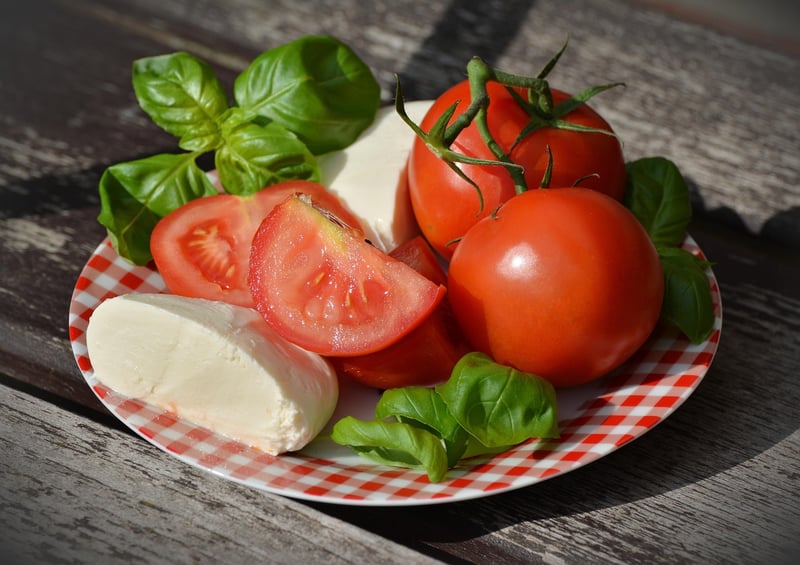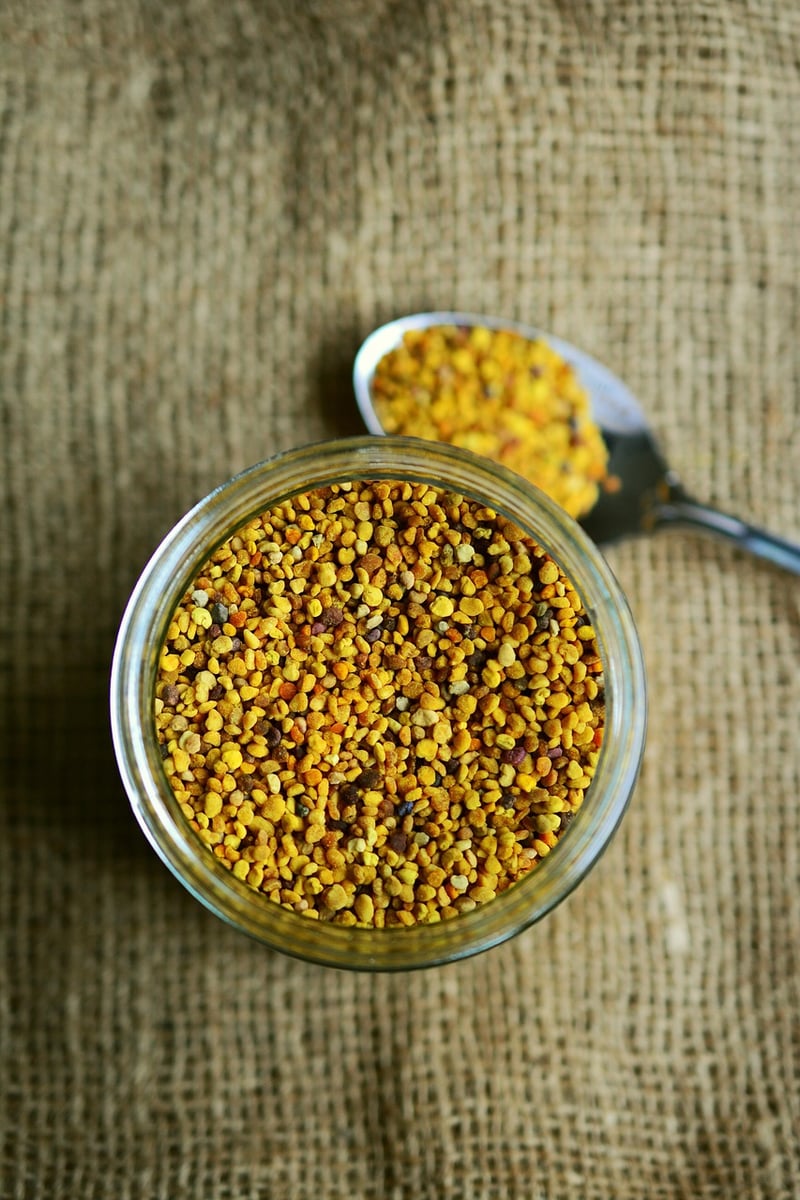Nutritional Research
The Science Behind Food and Cooking Techniques
Food and cooking have always been an integral part of human culture and survival. Behind the delicious flavors and enticing aromas, there is a world of science that governs how ingredients interact, transform, and create the dishes we love. Let's delve into the scientific aspects of food and explore how cooking techniques can impact the nutritional value of our meals.
The Maillard Reaction: A Flavorful Chemistry
One of the fundamental processes that occur during cooking is the Maillard reaction. This chemical reaction takes place between amino acids and reducing sugars in the presence of heat, resulting in the browning of food and the development of complex flavors and aromas. From searing a steak to baking bread, the Maillard reaction plays a crucial role in creating appetizing dishes.

The Role of Nutritional Research in Cooking
Nutritional research is vital in understanding how different cooking techniques can affect the nutrient content of food. By studying the impact of heat, water, and other cooking methods on vitamins, minerals, and antioxidants, researchers can provide valuable insights into the best ways to preserve nutrients while preparing meals.
Key Findings in Nutritional Research:
- Some vitamins, such as vitamin C, are sensitive to heat and can be lost during cooking.
- Certain cooking methods, like steaming and microwaving, can help retain more nutrients compared to boiling or frying.
- Overcooking vegetables can lead to a significant loss of water-soluble vitamins.
Exploring Culinary Techniques
Various cooking techniques can influence the taste, texture, and nutritional quality of food. Whether you prefer roasting, sautéing, or grilling, each method brings its unique characteristics to the table. Experimenting with different cooking styles can enhance your culinary skills and broaden your gastronomic horizons.

Conclusion
By understanding the science behind food and cooking techniques, you can elevate your culinary creations while ensuring that your meals are not only delicious but also nutritious. Stay curious, experiment in the kitchen, and embrace the art and science of cooking to savor the full potential of every dish you prepare.
References: National Center for Biotechnology Information
